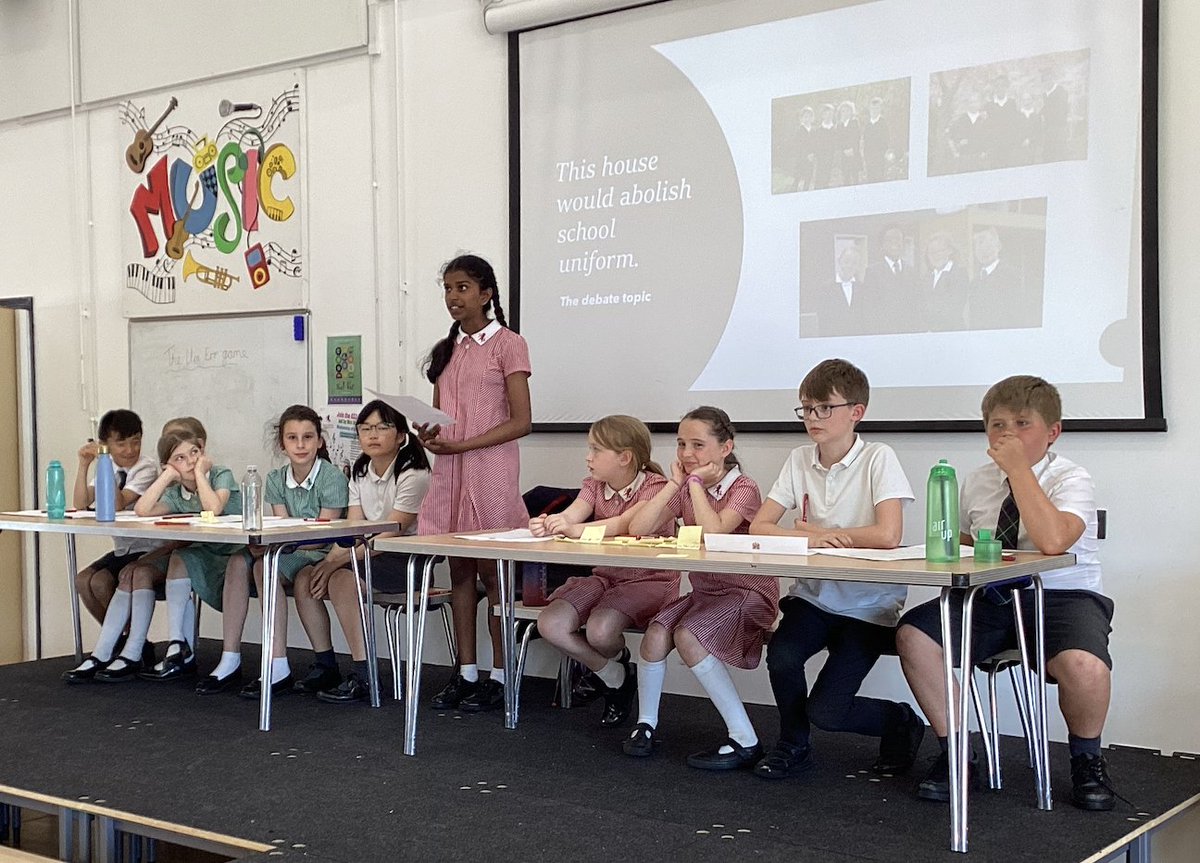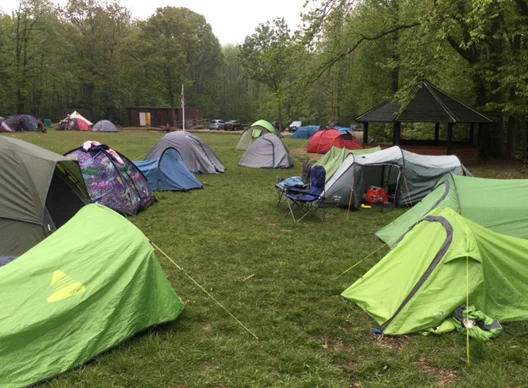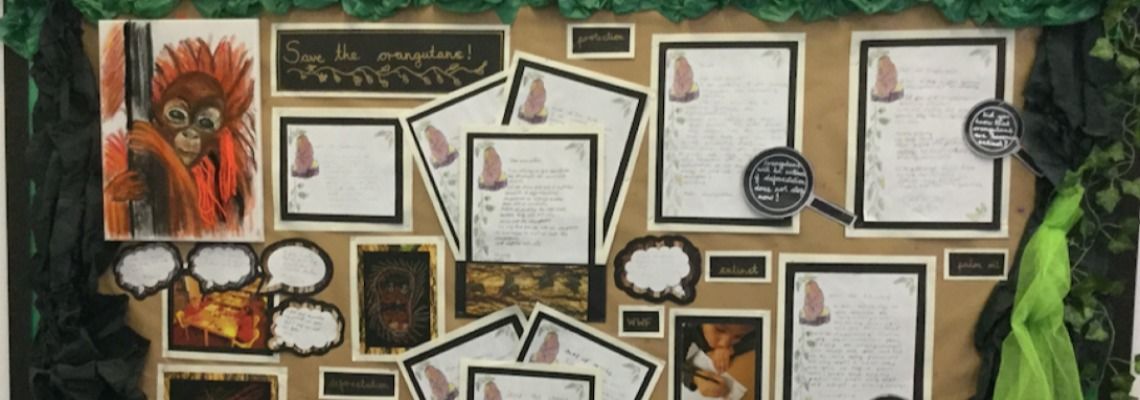Download our FREE smartphone app today!
Geography
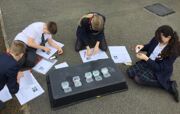
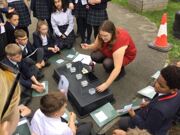
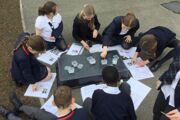
Georgraphy Experiements - Pre Geography Field Trip
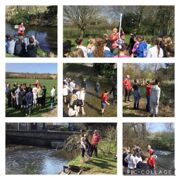
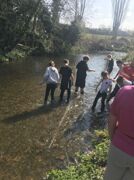
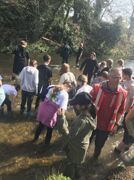
Year 5 & Year 6 Horton Kirby Environmental River Trip
Geography is the study of places. It explores the relationships between the world and its people. It studies the location of the physical and human features of the earth and the processes, systems and inter-relationships that create and influence them. It examines how people affect, manage and sustain their environment.
Geographical enquiry helps children to learn about their immediate surroundings, the broader world and how the environment can affect their lives and determine decision-making. The study of geography helps to develop a sense of identity and promotes responsible citizenship.
Our high-quality geography education at Holborough Lakes aims to inspire in pupils a curiosity and fascination about the world and its people that will remain with them for the rest of their lives.
We aim to ensure children:
- develop contextual knowledge of the location of globally significant places, including their defining physical and human characteristics and how these change over time
- are competent Geographical explorers, using “fieldwork” and “enquiry” to find out about and compare places in an increasingly independent way, using a progressive range and development of mapping skills and vocabulary to:
- collect, analyse, and communicate with a range of data gathered through experiences of fieldwork that deepen their understanding of geographical processes
- interpret a range of sources of geographical information, including maps, diagrams, globes, aerial photographs, and Geographical Information Systems (GIS)
- be able to communicate geographical information in a variety of ways, including through maps, numerical and quantitative skills and writing at length.
The Teaching Sequence in Geography
Our sequences of learning are broken down into sessions, which follow a logical progression of skills and knowledge toward an authentic final outcome.
Our Long-Term Plan ensures a progression of skills between year-groups in the four main forms of Geography:
- locational knowledge
- place knowledge and understanding
- knowledge of environmental, physical and human geography processes (e.g. climate change)
- geographical skills (use of maps, globes and collection of evidence)
It also poses poignant questions to the children, which help guide their learning toward real-life issues, promoting the acquisition of cultural capital and an understanding about their impact on the world around them.
Assessment
Formative Assessment
Formative Assessment is the continual assessment of knowledge throughout a unit of work, or even a lesson. This enables the teacher to make changes to their teaching, to address misconceptions, and to provide scaffolds and support for those pupils who require it. In all of our lessons, formative assessment is a key part of our teaching process.
In Geography, we include Knowledge Checks to ensure that the class are ready to move on to the next piece of learning or task. These come at pivotal points in the lesson and often take the form of low stakes quizzing (using whiteboards or rehearsed hand signals) or discussion. Similarly, we carefully design hinge questions, which are targeted questions at specific points in the lesson and are used to determine whether knowledge has been learned and understood. Alongside this, we have a short list of marking symbols, which are used to provide timely feedback to pupils. They respond to these marking symbols using a purple pen.
Summative Assessment
Summative Assessment is assessment that is completed at the end of a unit of work to evaluate progress.
In Geography, we use two types of summative assessment to assess pupils’ learning. In KS2, we use pre-assessments and post-assessments via Google Forms to collect data on mastery of a topic. The ‘pre-assessment’ is delivered before the unit is taught so the teacher can gather an understanding of which areas need the most teaching and learning. Then, at the end of the unit of work, the children complete the same set of questions as a ‘post-assessment’ to evaluate how much progress has been made. Not only do these provide clear, measurable data for teachers but also enable the children to express their, often, deep understanding of a topic.
In Year 1 and 2, we use mastery statements to determine whether children have mastered a topic. E.g. ‘Child A can name the nine countries that are covered by The Amazon Rainforest’. These statements are set by teachers and subject leaders to ensure coverage of the National Curriculum and are discussed at the end of a unit to explore what topics need to be recovered and which are secure.
Final Outcomes
The way knowledge about a topic is stored is similar to a complex, interconnected web or ‘schema’. Every time a pupil encounters a word they have previously learned, but applied in a new context, it adds to the complexity of their understanding of that concept. In other words, they develop a deeper understanding of that concept and enhance their capacity to use that concept in their own thinking. Working from this model, all of our units of work end with a ‘final outcome’ to provide purpose to our learning and to enable children to synthesise their learning.
E.g. ‘Can I write to persuade our board of governors to help support a donation to Water Aid’ following a Year 5 and 6 unit on climate zones and climate change.
We believe authentic outcomes help children to see a real-life impact behind the acquisition of their new knowledge. It motivates pupils to see that learning leads to change, that their voices matter and that their actions make a difference
Curriculum Intent, Implementation and Impact 1
Intention 1:
To build a geographical curriculum that develops learning and results in the acquisition of knowledge of their world around them so that they know more, remember more and understand more.
This is through the use of:
- planning with the National Curriculum
- progression grid
- subject specific content
- appropriate connections to other curriculum areas
Implementation:
Knowledge Organisers and Learning Walls:
Children have access to key language and meanings in order to understand and readily apply to their written, mathematical and verbal communication of their skills, in a purposeful context. This promotes connections to be made across all foundation subjects where applicable. These can be integrated in the English learning wall.
Key Vocabulary:
The promotion of a language rich Geography curriculum is essential to the successful acquisition of knowledge and understanding in Geography.
Independent learning:
In Geography children are encouraged to enquire about their topic of interest and develop their independence when locating places, describing places and exploring the outdoors.
Children will access resources to acquire learning through atlases, text books, maps, digital technology and photographs:
Children will use a range of secondary resources to develop their knowledge and understanding that is integral to their learning.
Enhancement:
In order to enhance the curriculum for geography children access the local area at least once a term; by making connections through all the different curriculum areas and have access to a local map. With this map they navigate and apply their geographical skills when accessing the local area.
Educational Visits to enhance their cultural capital:
Where applicable links to geography will be made to develop the children’s topical learning.
Impact:
- Children will achieve age related expectations in Geography at the end of their cohort year.
- Children will retain knowledge that is pertinent to geography with a real life context.
- Children will understand how geography ‘happens’ in their local area.
- Children will have a good understanding about the world around them and how it has been shaped.
- Children will know more, remember more and understand more.
- The pupil voice will represent an understanding of what geography is and how they have applied this learning in a given context as part of a highlight task.
Curriculum Intent, Implementation and Impact 2
Intention 2:
To build a geographical curriculum that endorses the importance for outdoor learning to build a curiosity for learning to help them to know more, remember more and understand more.
Implementation:
Outdoor Learning opportunities with the curriculum:
Teaching and Learning should plan for outdoor learning opportunities within geography lessons termly. This may be using the school grounds, local area or wider community to apply and explore their subject specific task.
Children will access their local environment to get a hands on experience in their learning:
This may not be geography led but is an expectation that all pupils visit their local area at least once a term. Children will become more aware of their local environment and as they progress through their geographical education and use a map specific for their areas of enquiry.
Educational Visits to enhance their cultural capital:
Where applicable links to geography will be made to develop the children’s topical learning.
British Values and PSHE:
Children will learn and revisit the importance of our world and how it should be treated through a range of cultural capital activities and experiences.
Impact:
- Children will achieve age related expectations in Geography at the end of their cohort year.
- Children will retain knowledge that is pertinent to geography with a real life context.
- Children will understand how geography ‘happens’ in their local area.
- Children will begin to understand their wider world and the implications that we as citizens have on it.
- Children will work collaboratively to solve problems and explain the processes that they have taken/observed within a real life context.
- Children will act as good citizens within their local community.






